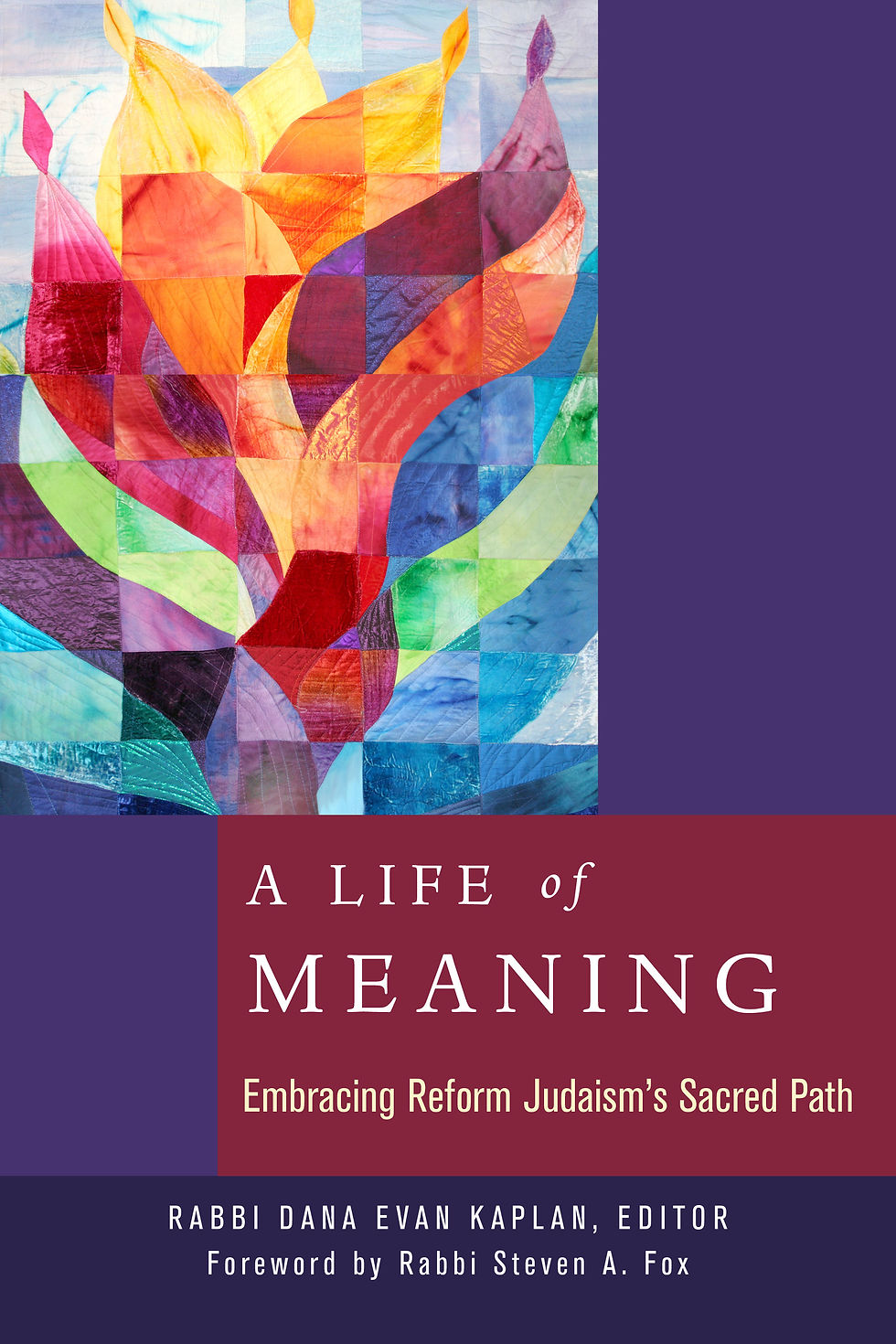Margaret Gonzalez Of Friends School in New York City Blogs about my Life of Meaning Book
- danaevankaplan
- Nov 6, 2020
- 2 min read
First her bio and then her comments on A Life of Meaning

Marge's Bio
Hi friends. Welcome to my website. I have written a memoir about raising and adopting a foster child. I then got caught up in a project of reading as many books as I could by authors who had either attended Friends Seminary or taught there. I would love to be in conversation with people about these books and more. Here’s my bio. I was born in 1940, in Plainfield, New Jersey, and grew up there. I went to Muhlenberg College and then to graduate school at Emory in Atlanta where I got a PhD in Comparative Literature. I lived in France and Switzerland, first as a student and then directing a Junior Year Abroad Program. Then I seriously settled down and taught at Friends Seminary in Manhattan from the age of 29 until my retirement. I got Tammy in 1984. She is still with me along with her seventeen-year-old son, Paul. When he was two years old we moved to Cape Coral, Florida. The summer of my seventieth year I got married (for the first time) to Don Routh. I recommend the Unitarian Coffee Hour.
A Life of Meaning, Embracing Reform Judaism’s Sacred Path edited by Rabbi Dana Evan Kaplan, PH.D
Rabbi Kaplan has put together an impressive collection of essays by rabbis, cantors and scholars, exploring the wide spectrum of approaches to this religion for its participants and for anyone else who might want to see how religion can be meaningful in our largely secularized world. My father was a Lutheran minister and I ended up a Unitarian Universalist. I certainly noted many parallels between my journey and that of members of Reform Judaism.
I learned a bit about the history of this branch of Judaism. It is quite a recent entry having been founded in the late 19th century by Rabbi Isaac Mayer Wise. Undogmatic, Reform Judaism is presented as open-ended quest for meaning, truth and the divine. In his introduction, Dana says, “Reinterpreting ancient religion can be both creative and spiritual, and human beings endow both creativity and spirituality with intrinsic worth.” These essays, while acknowledging the ethnic identity of Jews, see their religion much more as a spiritual path. Dana uses the term “progressive revelation.”
There are 56 essays. Some do not shy away from issues relating to the Holocaust and the founding of Israel.They wrestle with how these events can figure in a faith-based life.Others speak more theologically or extol the role of community building.Dana wrote one of the essays himself, and it deals with conversion.He tells the biblical story of Ruth and Naomi.“Whither thou goest.” Ruth was the first convert.That story always reduces me to tears.Certainly Reform Judaism is not seeking converts, but converts are welcome and I can see how seekers of wisdom might find a place in Reform Judaism for their own journey.





Comments